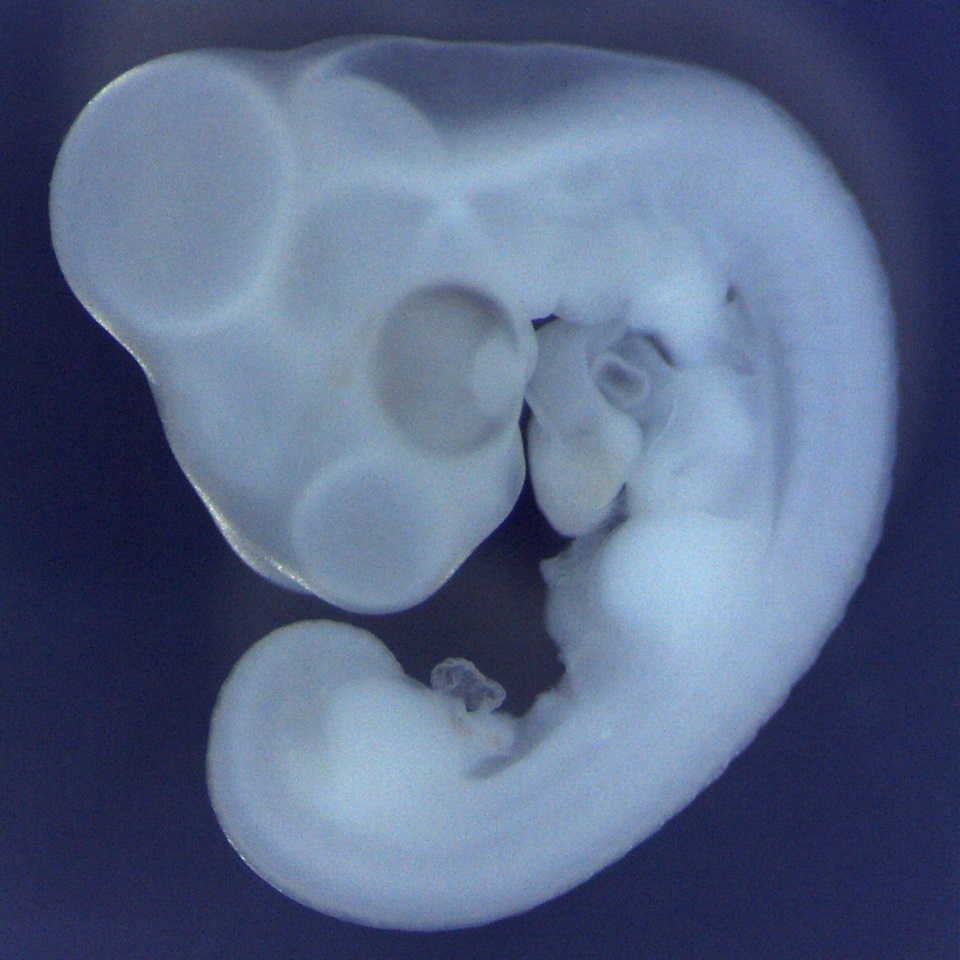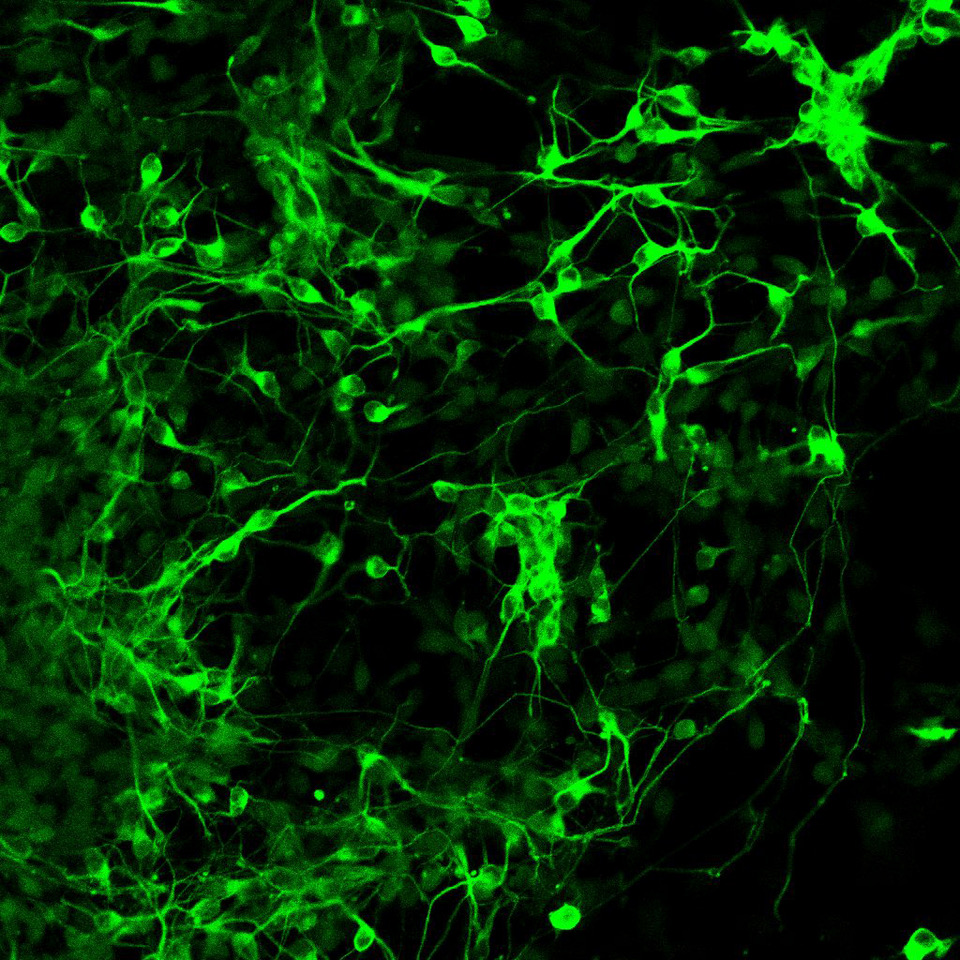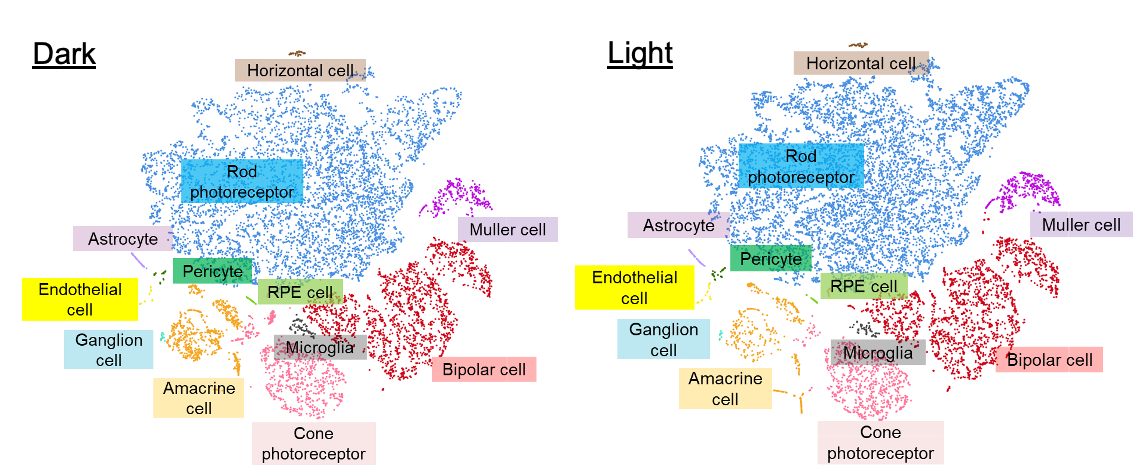Research
Research on the development of the central nervous system
A number of types of neurons, such as sensory neurons, motor neurons, and interneurons, are arranged in an orderly manner. It has been shown that secreted factors (signal molecules), collectively called morphogens, are involved in this process, and determine the cell fates in a concentration-dependent manner. Our goal is to understand the mechanisms leading to the dynamics of the cell properties.

Generation of specific type of neurons from stem cells
Embryonic stem cells (ES cells) can differentiate into any type of cell, and are therefore useful for understanding the mechanism of neural differentiation. We conduct studies to understand the dynamic changes of the epigenomic status while stem cells differentiate into neurons, and to develop protocols for generating neurons in specific areas of the brain.

Fundamental research to treat intractable neurological diseases
Because the nervous system does not recover spontaneously once it degenerates, the symptoms of many neurological diseases tend to be severe and there are no established treatments. We hope to establish treatment methods for these intractable diseases. Currently, we are working on developing a treatment for retinitis pigmentosa, an inherited eye disease. We identified many genes whose expression changes at the early stages of retinitis pigmentosa. Genes include those involved in neuroinflammation and cellular glucose metabolism, and we aim to propose treatments and prevention methods for these diseases by regulating these genes and signals.
